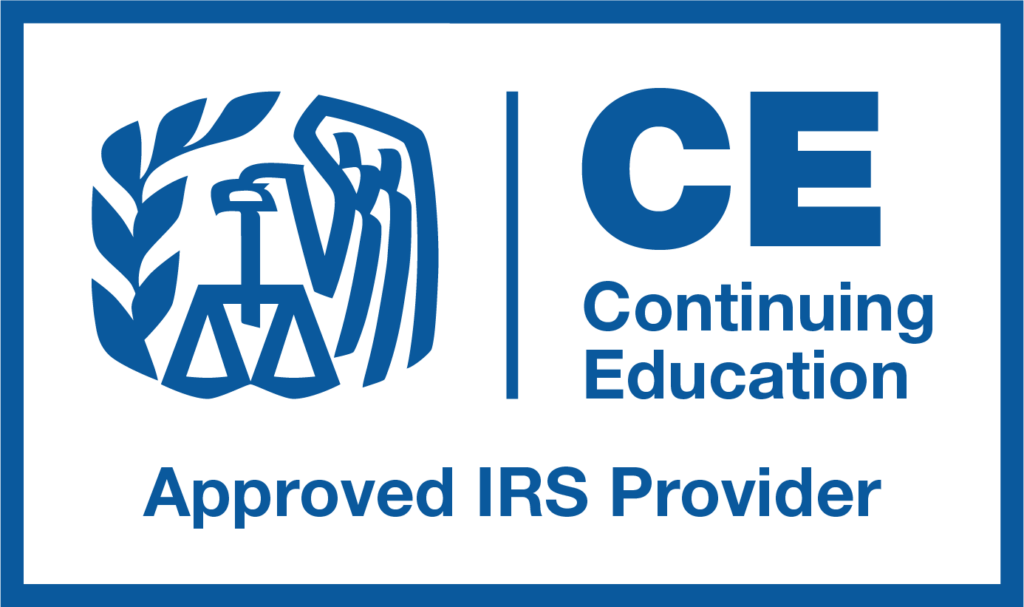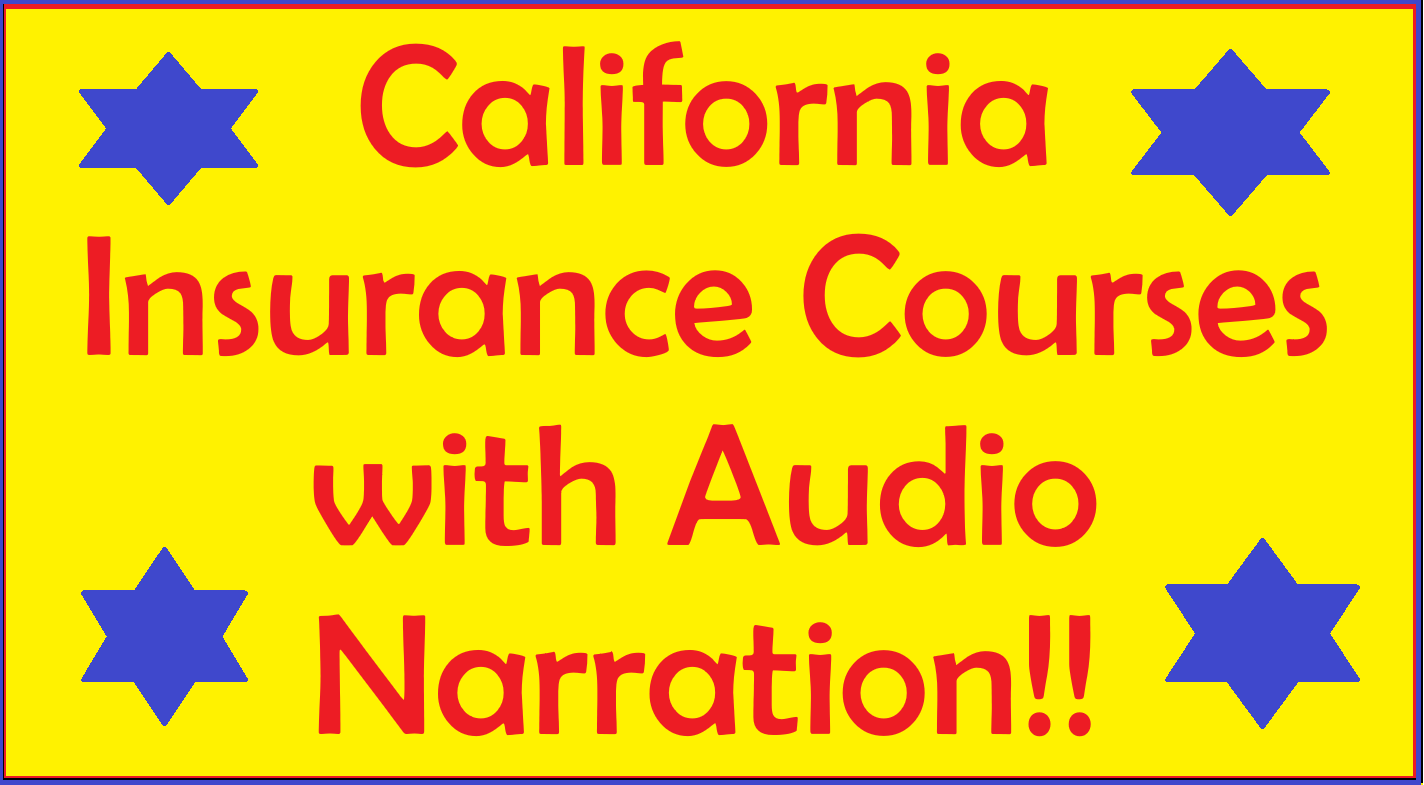
There is little doubt in the minds of many observers that the world of work—an environment in which a legion of wage earners commute to an employer’s office or worksite to toil from 9 to 5—is changing, and that impression is bolstered by recent studies. Among those studies is a Gallup report titled “The Gig Economy and Alternative Work Arrangements.” The changing nature of work for many taxpayers is likely to have an effect on tax preparers’ need to prepare Schedule C.
The gig economy, an economy characterized by multiple types of alternative work arrangements including independent contractors, online platform workers, contract firm workers, on-call workers, and temporary workers, engages 36% of U.S. workers. Gallup, in its report, also estimates that 29% of all workers in the U.S. have an alternative work arrangement as their primary job.
Whether the strength of the gig economy is due to the flexibility and freedom it affords, the fewer limits on income it exerts compared to being a wage earner or results from some other advantage it offers, it seems clear that, barring a cataclysmic event affecting the economy, the gig economy is here to stay and intent on growing larger with each year. With that growth is the likely growth of tax preparers’ need to be familiar with preparation of Schedule C.
No advance preparation needed
Program Level – Basic
Program prerequisites – None
Delivery method – QAS self-study
Recommended CPE credits – 3
Recommended field of study – Taxes
Course Learning Objectives
- Upon completion of the course, the student should be able to:
- Identify the types of income reported on Schedule C;
- Determine proprietors’ installment sale income when using the installment method;
- Describe the business expenses deductible on Schedule C;
- List the differences between a business and a hobby; and
- Apply the rules governing the deduction for business use of a taxpayer’s home.
Copyright 2025 by Winn Publications ALL RIGHTS RESERVED. NO PART OF THIS COURSE MAY BE REPRODUCED IN ANY FORM OR BY ANY MEANS WITHOUT THE WRITTEN PERMISSION OF THE COPYRIGHT HOLDER. All materials relating to this course are copyrighted by Winn Publications. Purchase of a course includes a license for one person to use the course materials. Absent specific written permission from the copyright holder, it is not permissible to distribute files containing course materials or printed versions of course materials to individuals who have not purchased the course. It is also not permissible to make the course materials available to others over a computer network, Intranet, Internet, or any other storage, transmittal, or retrieval system. This document is designed to provide general information and is not a substitute for professional advice in specific situations. It is not intended to be, and should not be construed as, legal or accounting advice which should be provided only by professional advisers. No advance preparation needed Program Level - Basic Program prerequisites - None Delivery method - QAS self-study Recommended CPE credits - 3 Recommended field of study - Taxes




